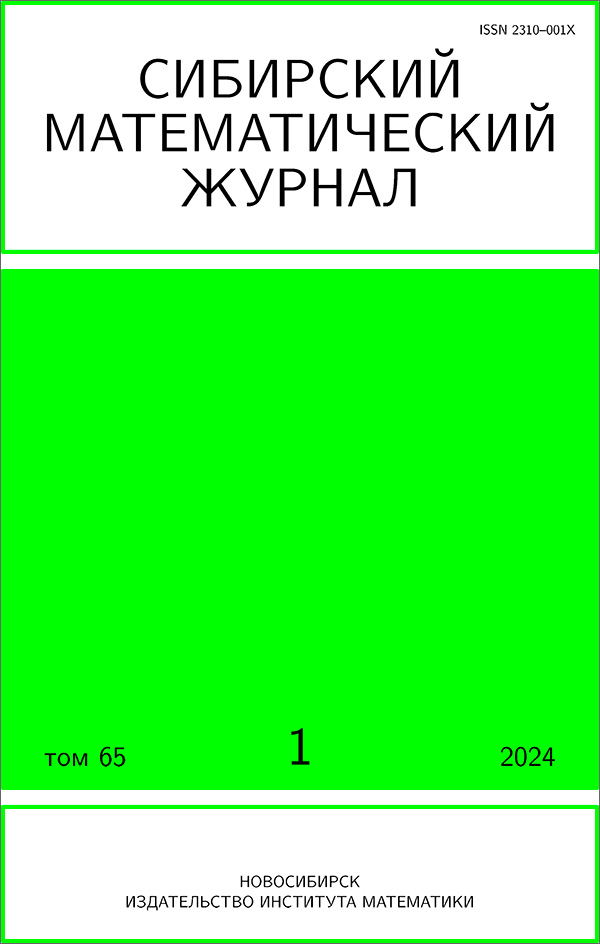|
On the $\pi$-potency of descending HNN-extensions of groups
D. N. Azarov
Ivanovo State University
Abstract:
Let $G$ be a group, let $\varphi$ be an isomorphism of $G$ onto a subgroup $K$ of $G$, and let $G^*$ be a descending HNN-extension of $G$ corresponding to $\varphi $. The potency of $G$ is not inherited by $G^*$ even in the simplest case, when $G$ is an infinite cyclic group. We prove that if $G$ is a finitely generated torsion-free nilpotent group (a polycyclic group); then the index $m = [G : K]$ of $K$ in $G$ is finite and $G^*$ is $\pi $-potent (virtually $\pi $-potent), where $\pi $ is the set of all primes greater than $m$. We also prove some generalizations of this assertion. Some of the results of this work on the potency of descending HNN-extensions are analogs of the well-known theorems on the residual finiteness of the HNN-extensions.
Keywords:
potent group, residually finite group, descending HNN-extension, polycyclic group, nilpotent group, soluble group.
Received: 15.03.2024
Revised: 15.03.2024
Accepted: 20.08.2024
Citation:
D. N. Azarov, “On the $\pi$-potency of descending HNN-extensions of groups”, Sibirsk. Mat. Zh., 65:5 (2024), 775–784
Linking options:
https://www.mathnet.ru/eng/smj7890 https://www.mathnet.ru/eng/smj/v65/i5/p775
|


| Statistics & downloads: |
| Abstract page: | 32 | | Full-text PDF : | 1 | | References: | 8 | | First page: | 8 |
|





 Contact us:
Contact us: Terms of Use
Terms of Use
 Registration to the website
Registration to the website Logotypes
Logotypes







 Citation in format
Citation in format 